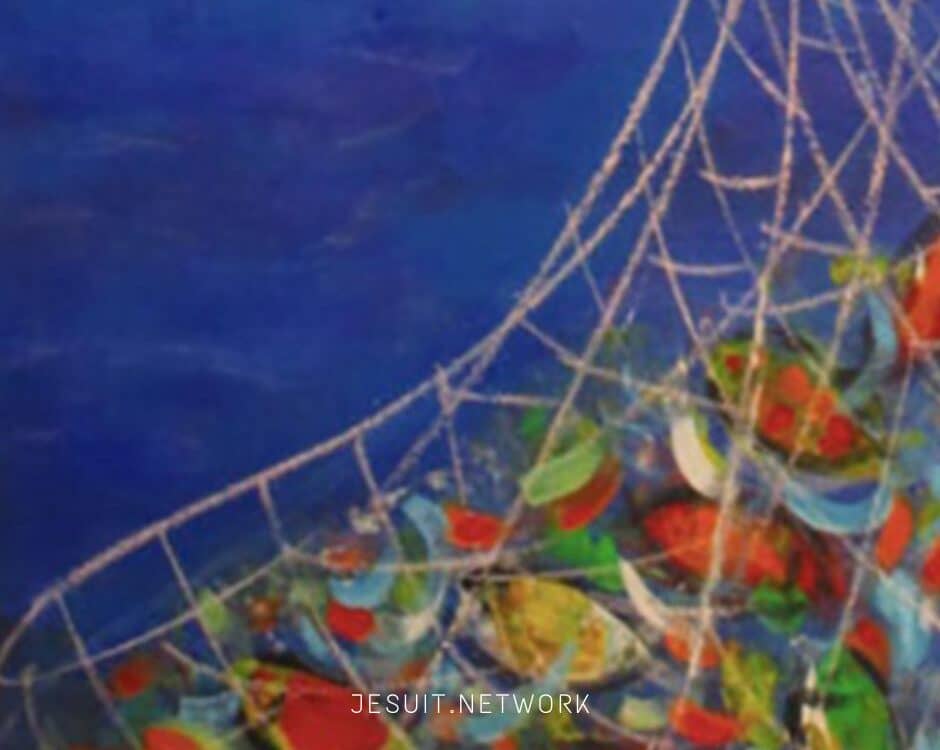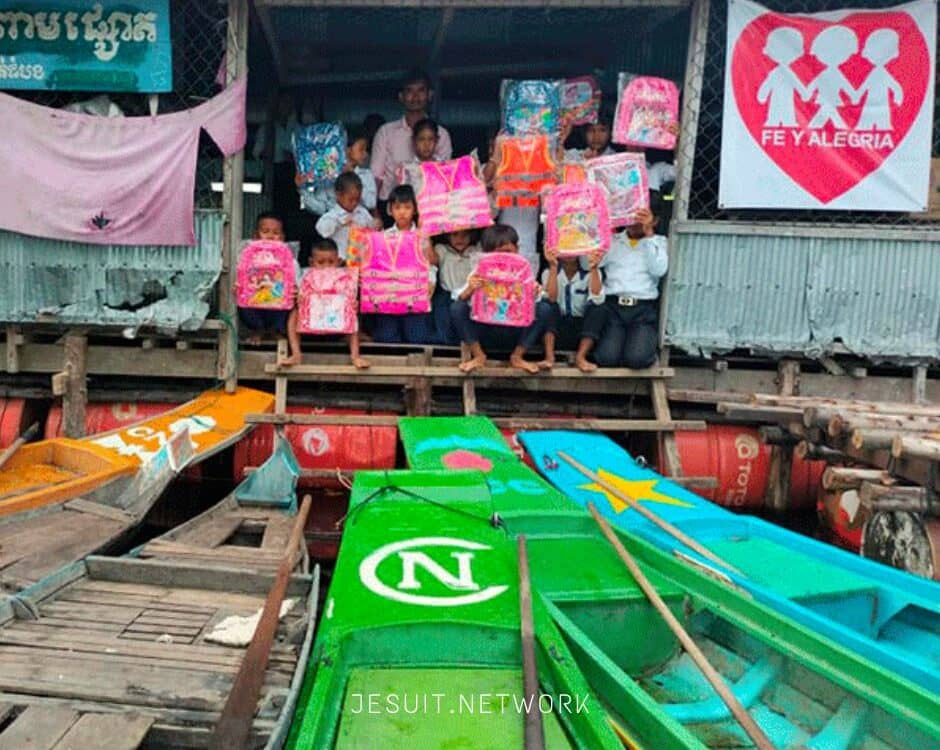This website uses cookies so that we can provide you with the best user experience possible. Cookie information is stored in your browser and performs functions such as recognising you when you return to our website and helping our team to understand which sections of the website you find most interesting and useful.
Strengthening Network Coordination for an Effective Humanitarian Response
In the face of the coming World Humanitarian Summit to be celebrated next year in 2016 in Turkey, the entire humanitarian community is gathering to question the way we are currently responding to emergencies. There are fundamental questions being discussed in a humanitarian world where the mere protection of population and humanitarian access have become major challenges.
“Having a protocol taps and develops the great potential for magis as more people are reached, networks are broadened, impact is multiplied, and the response is deepened.”
In this context, the Society of Jesus through Jesuits and collaborators is playing an important role in mobilizing to respond to emergencies. Since Xavier Network first responded to the Tsunami in Indonesia in 2004, it has already been involved almost every year in an emergency whether in response to a natural disaster such as Haiti (2010), Philippines (2013) or Nepal (2015) to conflict led crisis such as RD Congo (2012) and South Sudan (2014 and onwards). Given this trajectory of coordination in the response to emergencies, many are the lessons to be learned on how the Xavier Network and other Jesuit institutions are responding to emergencies and how coordination among networks can help us better respond to those in need.
The Xavier Network is helping us untap the potential of organizations where the capacities of our institutions are built and strengthened and relations among networks are expanded[
The latest emergencies in Philippines and Nepal show the trajectory of coordination and collaboration in emergencies that the Xavier Network has carried out other local Jesuit Institutions. These emergencies have helped us to learn how to better respond, establishing protocols and procedures that help us organize the coordination among members of the Xavier Network and share information. Coordination has allowed us to jointly act through a series of emergency protocols which permits the organizations to exchange information and jointly mobilize resources. In terms of coordination, much is also to be learned from other Jesuit institutions. The Jesuit Conference of Asia Pacific (JCAP), for instance, has been working to develop a protocol that goes beyond responding to emergencies, focusing on Disaster Risk Reduction and Management (DRRM). “Having a protocol taps and develops the great potential for magis as more people are reached, networks are broadened, impact is multiplied, and the response is deepened” (JCAP development protocol framework 2014).
These emergencies have also shown the capacity of local Jesuits to mobilize people and resources for the service of the most vulnerable in times of emergencies. Simbahang Lingkod Ng Bayan (SLB), the Jesuit NGO leading the emergency response in the event of Yolanda, gathered thousands of volunteers distributing food and first aid items during the first weeks. However, responding to emergencies demands expanding our capacities and networks in order to help us. In this sense, the joint response led by local Jesuit institutions and the Xavier Network is helping us untap the potential of organizations where the capacities of our institutions are built and strengthened and relations among networks are expanded as new possibilities of collaboration and synergies are envisioned.
For more information about the Xavier Network, take a look at the general overview.
This post was written by Isabel Menchero, Projects Officer in the Africa Department at the Spanish Development NGO, Entreculturas-Fe y Alegría, a member of the Xavier Network.





